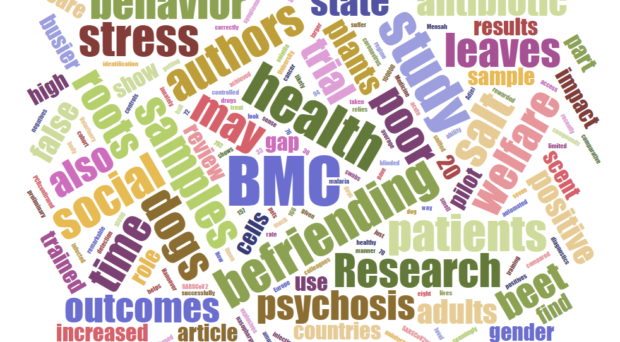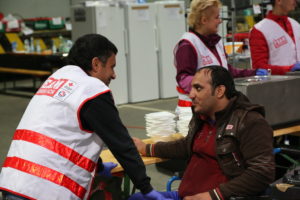
BMC Health Services Research

Ladds et. al describes “long Covid” as fluctuating symptoms such as coughing, breathlessness, fever, sore throat, chest pain, palpitations, cognitive deficits, myalgia, neurological symptoms, skin rashes, and diarrhoea beyond 3-4 weeks after infection. Despite the great advances in COVID-19 research, there is minimal knowledge about managing “long Covid”. This is emphasized by the participant’s instrumental role in the recruitment and development of this study. This online qualitative study reports the experiences of 114 participants from the UK weeks after their acute illness to better understand COVID-19. These focus groups reveal that those who experience “long Covid” endure difficulty accessing health services despite their uncertain prognosis and occasionally severe reoccurring symptoms. This study informs a basis to improve services while highlighting the importance of patient support groups to better navigate this ambiguous illness.
BMC Pregnancy and Childbirth
Association between maternal cannabis use and birth outcomes: an observational study

As cannabis consumption increases worldwide, it is crucial to investigate the effects of prenatal and maternal cannabis use on birth outcomes. Michalski et al. observe that pre-pregnancy cannabis users experience 2.0 times the odds of birthing an infant with low birth weight, small size for gestational age, or preterm birth. Here, 216 women self-reported cannabis use in their pre/early pregnancy period while disclosing low rates of concurrent substance use such as alcohol and tobacco. While many studies aim to investigate this trend among pregnant women, this Ontario-based study confirms the specific impacts of cannabis use on infant health. Although there is more research to complete in regards to other modes of cannabis consumption, this study emphasizes the need for clinical messaging to expecting mothers.
BMC Public Health

Boedeker et. al performed a systematic review examining the prevalence of a widely overlooked national and international public health issue called unintentional, acute pesticide poisoning. This study identified that farm workers and farmers account for 385 million cases of unintentional acute pesticide poisoning cases and around 11,000 deaths per year due to occupational exposure. Boedecker and team conclude this only accounts for a fraction of annual poisonings as registers and hospitals may underreport non-fatal events. Unfortunately, unintentional acute pesticide poisoning can lead to chronic outcomes such as a decreased quality of life or even the inability to continue working arguing the imperative of enhancing the accuracy of national databases and improving access to medical care and education.
BMC Psychiatry
Experiences of psychotherapists working with refugees in Germany: a qualitative study

This study aimed to investigate the availability of mental health care for migrant populations who continue to experience high levels of mental health issues. By conducting semi-structured interviews with 10 psychotherapists across Germany whom have experience in dealing with refugee’s mental health problems, the authors were able to identify three main challenges in this cross-cultural practice. These include, differing or unrealistic expectations of clients towards what psychotherapy may offer, challenges integrated in illness explanatory models and communication challenges. Aside from identifying the main challenges with cross-cultural psychotherapy the authors showed that psychotherapy with refugees can be extremely successful but identifies challenges that underline the importance of designing and introducing new structural approaches to training psychotherapists for the introduction of psychotherapy at scale. As the incidence of mental health problems among refugee populations continues to increase, the ability to provide appropriate mental health support to these vulnerable individuals becomes ever more important.
BMC Medical Ethics
Barriers in implementing the dying patient law: the Israeli experience – a qualitative study

For Governments and health systems, dealing with end-of-life issues presents a major challenge. Despite progress in the introduction of relevant legislature, many barriers still exist to its proper implementation. By conducting 37 in-depth interviews with professionals and decision makers associated with the health care system in Israel the authors were able to identify 6 major barriers to coping with end-of-life issues. These include, Law procedures, Clinical aspects, Human aspects, Knowledge/skill, Communication and finally Resource allocation. They find that ubiquitously the relationship between the patient and their clinical care teams is important. With medical teams often in daily contact with the patient they inherit significant responsibility in implementation of end-of-life care. The authors conclude that by improving or championing accessibility to homes able to provide appropriate care for end-of-life needs, increased public and health system awareness, and support in understanding end-of-life laws, health systems and governments can aim to ensure the best care for end-of-life patients.
Comments